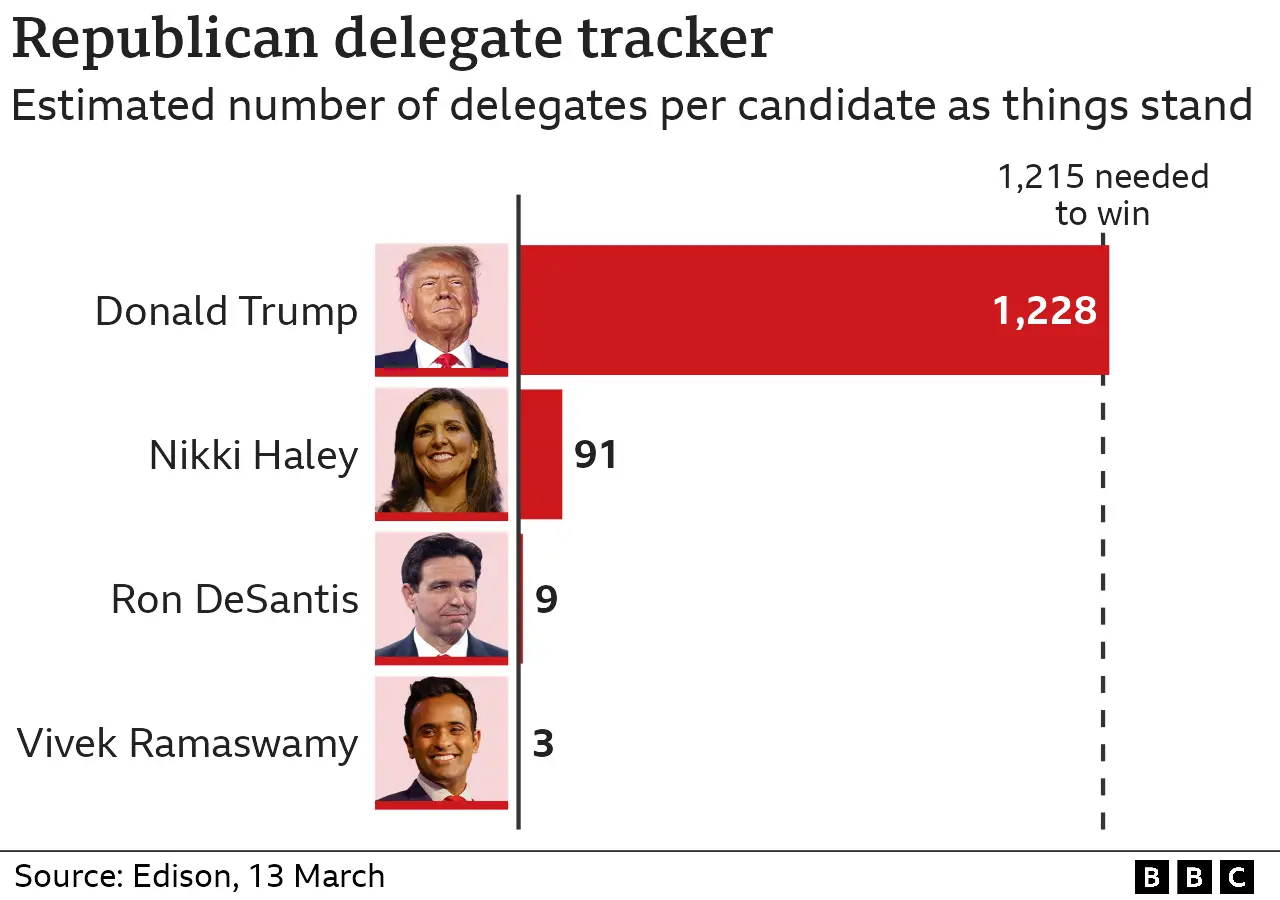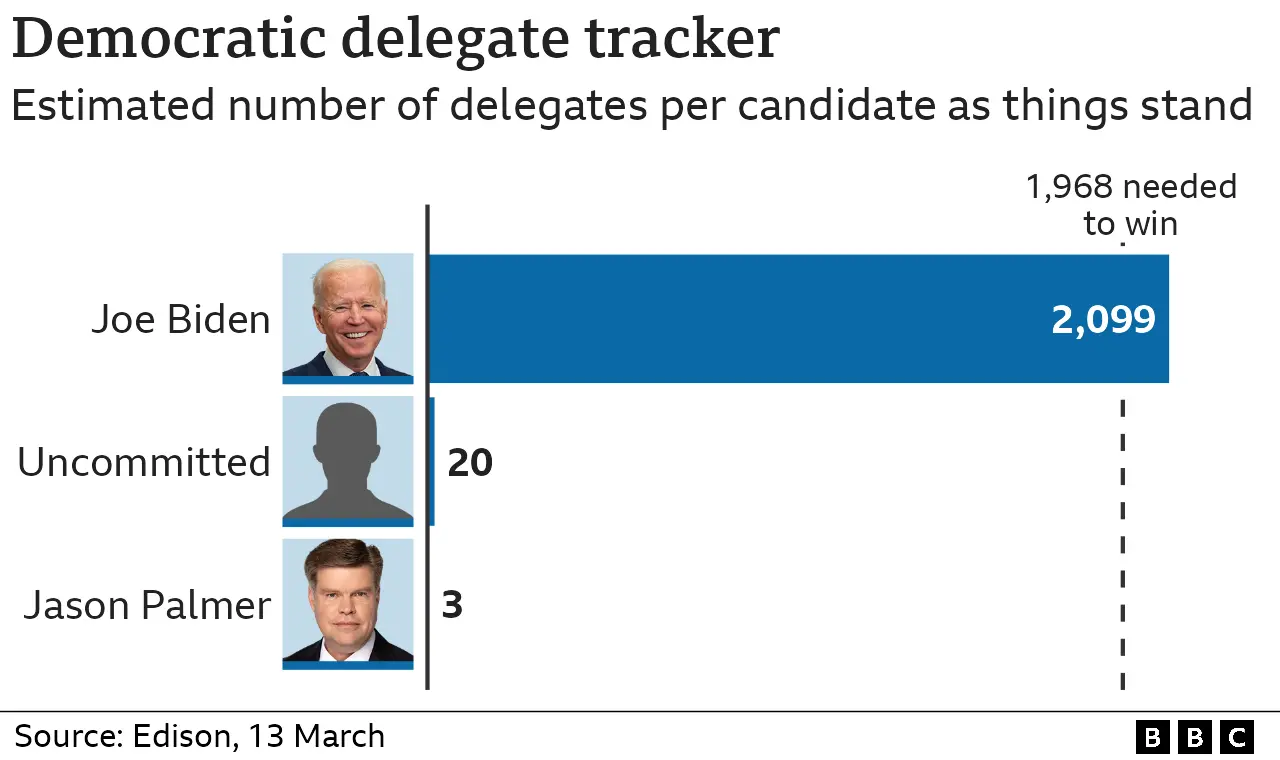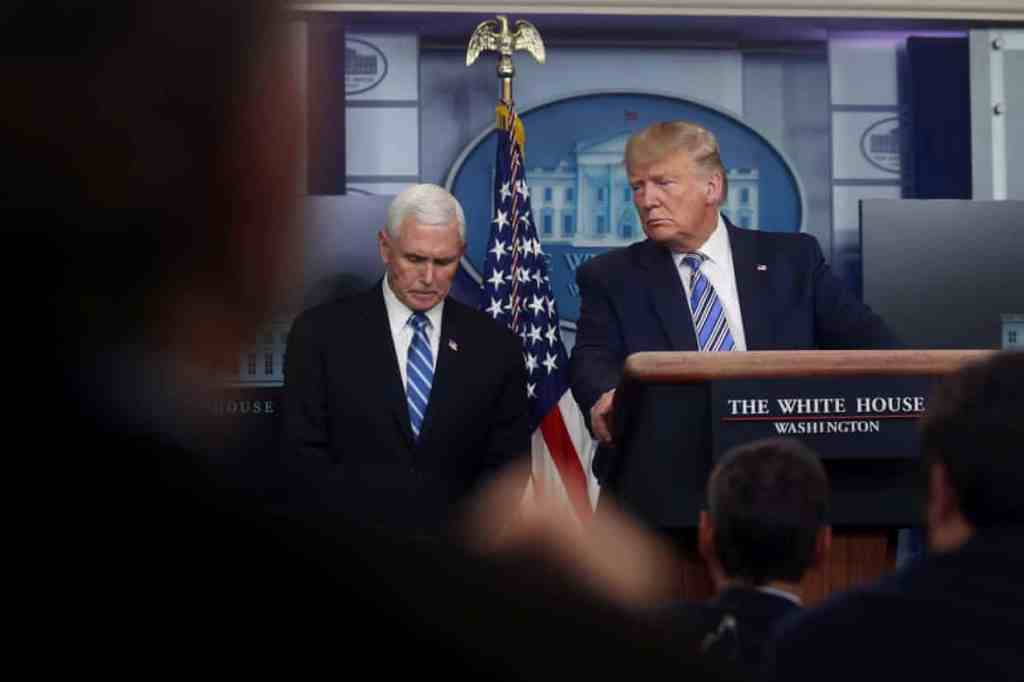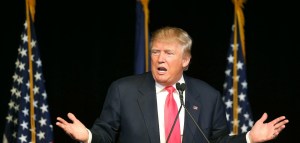Just In…
Washington watchdog gets victory in Trump Colorado disqualification case
by Taylor Giorno – 12/22/23 5:30 AM ET
Share
Tweet
Guaranteed to stir up a hornets’ nest on the Right. Is Trump still a happy camper? Doubt it. But a man on a mission. America’s women will Take Him out. There are 100 men in their ’80s who are highly functional. Biden is one. He may be forgetful and occasionally stumble.
But the incumbent will be re-elected because he is not diagnosibly a narcissistic grandiose sociopath like his opponent. In better shape than Trump, Just look at DT’s belly for starters. And that haircut! You can see the baldness when the wind blows over it. Nothing wrong with bald, Just don’t hide it with a $500 gel comb-over.
A District of Columbia nonprofit that has filed numerous ethics complaints and launched in-depth investigations into former President Trump was a key player in the case that got him kicked off the Colorado ballot.
In a stunning decision, Colorado’s highest court ruled this week that Trump was disqualified from running for president in the state for his role in inciting the Jan. 6, 2021, riot at the U.S. Capitol that left five people dead, more than 100 Capitol Police officers injured and a nation divided.
Citizens for Responsibility and Ethics in Washington (CREW) was part of a bipartisan legal team that brought the case on behalf of six Republican and unaffiliated Colorado voters including Norma Anderson, the former Republican majority leader of the state House and Senate.
“My fellow plaintiffs and I brought this case to continue to protect the right to free and fair elections enshrined in our Constitution and to ensure Colorado Republican primary voters are only voting for eligible candidates. Today’s win does just that,” Anderson said in a statement issued by CREW.
CREW President Noah Bookbinder told The Hill that “we have drifted back towards normalizing what happened after the 2020 election, particularly on Jan. 6,” and he hopes the Colorado court’s decision will help ensure the “unprecedented attack on democracy not be allowed to be normalized.”
The Colorado Supreme Court disqualified Trump from appearing on the state’s 2024 primary ballot under the 14th Amendment of the U.S. Constitution, which bars people who “engaged in insurrection or rebellion” after taking the oath of office from holding certain positions.
“I think this decision shows that this is very much a living protection in the Constitution, and one that we need to use and can use and will use going forward,” Bookbinder, former chief counsel for the Senate Judiciary Committee, told The Hill.
The former president lashed out at the “TRUMP DERANGED ‘CREW’” on various social media platforms following the decision.
This isn’t the first time CREW has clashed with Trump, whom the organization described in a January 2018 report as as “the most unethical president in history.”
CREW previously sued Trump for refusing to divest from his business interests when he took office and filed ethics complaints against more than a dozen key Trump officials, including top aide Kellyanne Conway.
“We’re an organization that pushes for government ethics and reducing the influence of money in politics and really, you know, protecting our democratic form of government,” Bookbinder said. “I feel entirely justified in devoting a lot of energy to combating this unique threat.”
‘Unprecedented’ decision draws criticism from both sides
Many Republicans have attacked the Colorado Supreme Court’s decision as voter suppression, and some Democrats and left-leaning groups have been wary of the decision.
Rep. Lauren Boebert (R-Colo.) called the decision “extreme judicial activism that is designed to suppress the vote and voices of hundreds of thousands of Coloradans, which is absolutely unacceptable.”
House Speaker Mike Johnson (R-La.) argued that voters “should not be denied the right to support our former president and the individual who is the leader in every poll of the Republican primary.” Trump has consistently led in GOP presidential primary polls, clocking a 52.9 percent lead over his closest opponent, Florida Gov. Ron DeSantis, according to the latest The Hill/Decision Desk HQ polling average.
Even former New Jersey Gov. Chris Christie, a GOP presidential primary candidate who has criticized the former president for his actions Jan. 6, said it would be “bad for the country” if a court kept Trump off the ballot.
Rep. Dean Phillips (D-Minn.), who is challenging President Biden for the 2024 Democratic nomination, wrote on X, formerly known as Twitter, that even though he believes Trump is guilty of “inspiring an insurrection and doing nothing to stop it,” it is “absolutely” wrong to bar Trump from the Colorado ballot.
Bookbinder disagrees.
“The Constitution sets out the rules for our democracy,” Bookbinder argued, adding that not engaging in an insurrection after taking an oath is just as much a qualification as being at least 35 years old and a natural-born citizen.
“It is unprecedented,” Bookbinder said. “We’ve never seen anything like that before in this country and so it kind of makes sense that the legal responses to it are going to be things you haven’t seen very often.”
A ‘very unique threat’ to democracy
For more than two decades, CREW has leveraged legal action and investigations to hold elected officials they say use their power for personal gain or to advance special interests accountable.
CREW, which describes itself as a nonpartisan nonprofit, has gone after both Republican and Democratic officials in the past.
The organization recently called on Sen. Bob Menendez (D-N.J.) to resign after federal prosecutors accused him of a bribery scheme to use his political influence to benefit the Egyptian government, allegations the senator has denied.
The organization also filed a complaint against then-Biden White House press secretary Jen Psaki for violating the Hatch Act after she endorsed Virginia gubernatorial candidate Terry McAuliffe from the briefing room podium, prompting an apology from Psaki.
But many of the group’s lawsuits and investigations are aimed at Republican lawmakers, officials and groups, with a particular focus on the former president’s alleged indiscretions.
Bookbinder pushed back on claims that the organization unfairly targets conservatives, saying, “I don’t think it is a partisan exercise to particularly respond to this very unique threat to our democracy.”
CREW’s board includes several former Democratic officials, including former Clinton White House counsel Beth Nolan and former Sen. Claire McCaskill (D-Mo.), as well as former GOP Rep. Claudine Schneider (R.I.). Other Republicans, including former Rep. Mickey Edwards (Okla.), have sat on the board in recent years.
Bookbinder also said the organization has worked with and continues to work with Republican members of Congress on legislation.
“There are plenty of I think good, ethical, democratic, democratically minded Republicans, just as there are Democrats. But right now that party is led by somebody — or appears to be in many ways led by somebody — who is quite open about being a threat to democracy,” he added, pointing to Trump’s comments that he would only be a dictator on his first day if reelected.
Case revives ‘constitutional protection,’ regardless of outcome
The Colorado high court stayed their decision until Jan. 4, 2024, the day before the deadline to file as a candidate in the state, to allow Trump to appeal before the U.S. Supreme Court.
The Trump campaign has said it plans to “swiftly file an appeal” to the Supreme Court and request “a stay of this deeply undemocratic decision.” The case faces a 6-3 conservative majority in the nation’s highest court that includes three Trump-nominated justices.
While much has been made of the partisan makeup of the court and how it could impact the case, Bookbinder told The Hill, “We are confident that we will get a fair hearing before the Supreme Court.”
“This is, in many ways, an issue that is tailored for this court,” Bookbinder said. This Supreme Court is perceived to be an “originalist and textualist” one, he added, an ideal audience for a 14th Amendment case.
“It’s important to note that the 14th Amendment does not say, as it could, convicted of an insurrection,” David Becker, executive director of the Election Official Legal Defense Network, said during a call with reporters Wednesday. “We take the drafters of the Constitution’s language at their word when it’s in there.”
Similar cases in Michigan, Minnesota and other states have thus far failed to remove Trump from the ballot. But this case has thrown a wrench into the Republican primary race with less than a month before other states start casting their ballots.
“On behalf of the American people, it would be better for all of us if this is resolved by the United States Supreme Court sooner rather than later,” Becker said.
Regardless of what happens, Bookbinder said he hopes the case “will help to define how people think about what happened going forward.”
“I think in some ways, regardless of how it goes, this revitalizes that constitutional protection and it’s one that I hope we don’t need to use for another 150 years,” Bookbinder said. “But we know it’s there, it’s alive and it can be used if the republic needs it.”
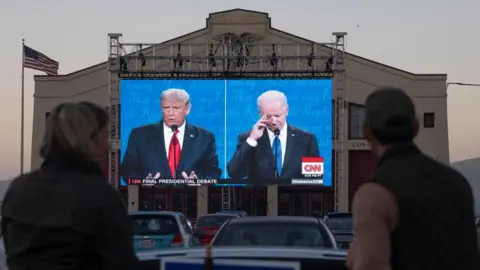 Getty ImagesViewers watch a 2020 presidential debate between Joe Biden and Donald Trump. The two will likely face off again this year
Getty ImagesViewers watch a 2020 presidential debate between Joe Biden and Donald Trump. The two will likely face off again this year